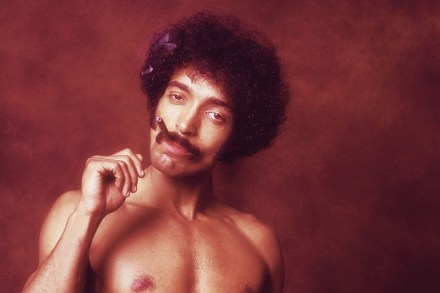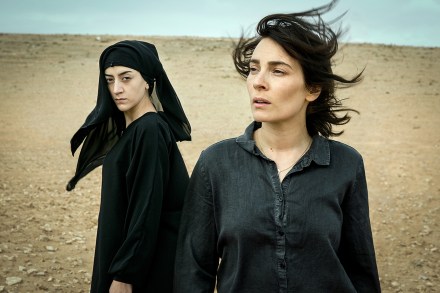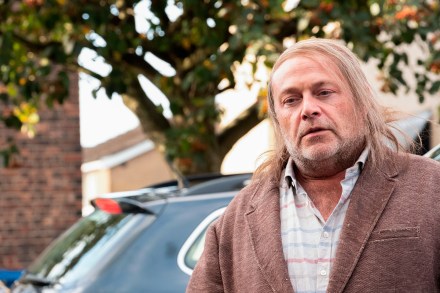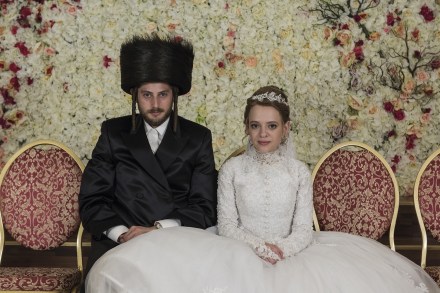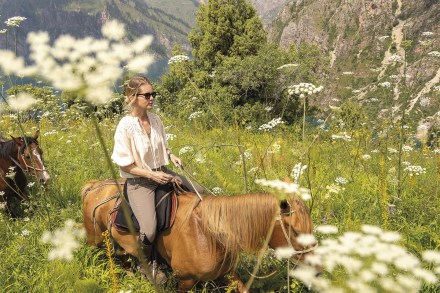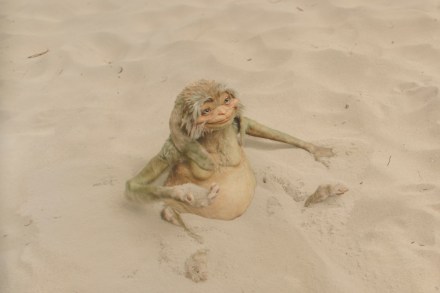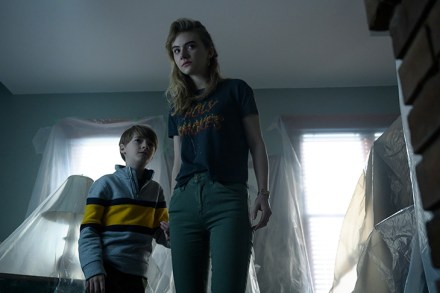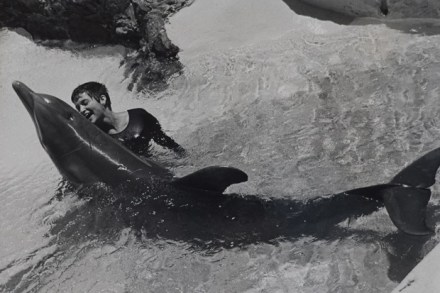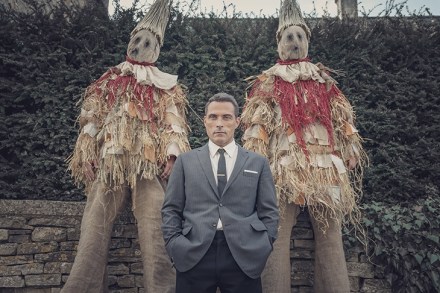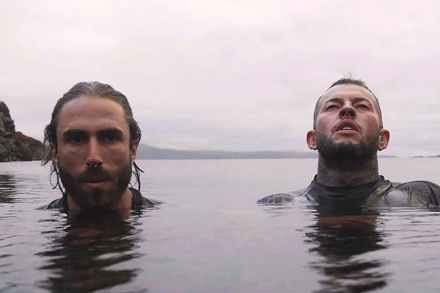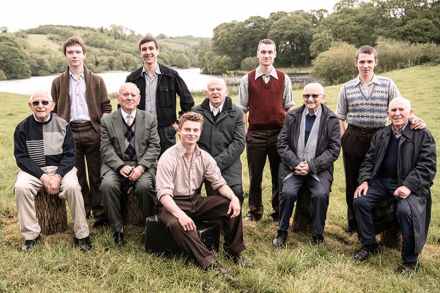I so wanted to enjoy White Lines but it’s spectacularly uninvolving
If I could live my life over again my plan used to be that I’d make my fortune very early, spend my winters fox hunting through the season and my summers taking loads of ecstasy in Ibiza and having meaningless sex with beautiful strangers. But having seen the first two episodes of White Lines I’m


